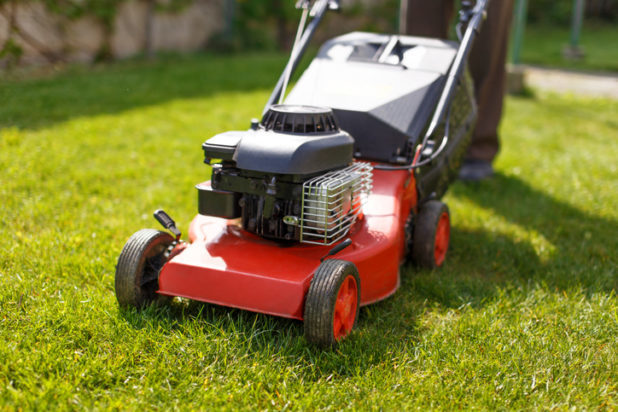Lawn Mower Safety

There are few housekeeping tasks more dangerous than cutting one’s grass. According to amputee-coalition.org, lawn mowers result in more than 20,000 injuries per year. Lawn mowers are the most common cause of amputation for American children under the age of 10. Therefore, it is important to be mindful of the following safety tips in order to avoid becoming a statistic.
Keep children inside and provide education. Do not let children play, walk or stand in the vicinity of an operating lawn mower. Do not let them ride on a moving riding mower. Teach them that lawn mowers are extremely dangerous, and should be avoided at all costs.
Inspect the grass before mowing. Debris and objects can easily turn into dangerous flying projectiles. Before mowing a lawn, inspect the surface to ensure that it is free of rocks, toys, branches, etc.
Be mindful of the mowing sloped surfaces. Losing one’s footing on sloped terrain can cause a lawnmower to roll back on the operator’s feet or body. Avoid the dangers associated with mowing sloped terrain by wearing footwear with excellent traction. Purchase a lawn mower with motorized assistance to aid in navigating hills and ditches. Further, if possible, outright avoid using a lawn mower on sloped terrain. Use a string trimmer instead.
In addition to the above recommendations, lawn mower safety can also be enhanced by:
• Never disengaging the mower’s kill switch;
• Never mowing in reverse;
• Shutting the mower off before adjusting its blades; and,
• Ensuring the mower is off before filling with gas.
In summary, mowing your lawn is one of the most dangerous home maintenance activities. Abide by these tips, pay attention to your surroundings, and think ahead before operating or storing your mower.
